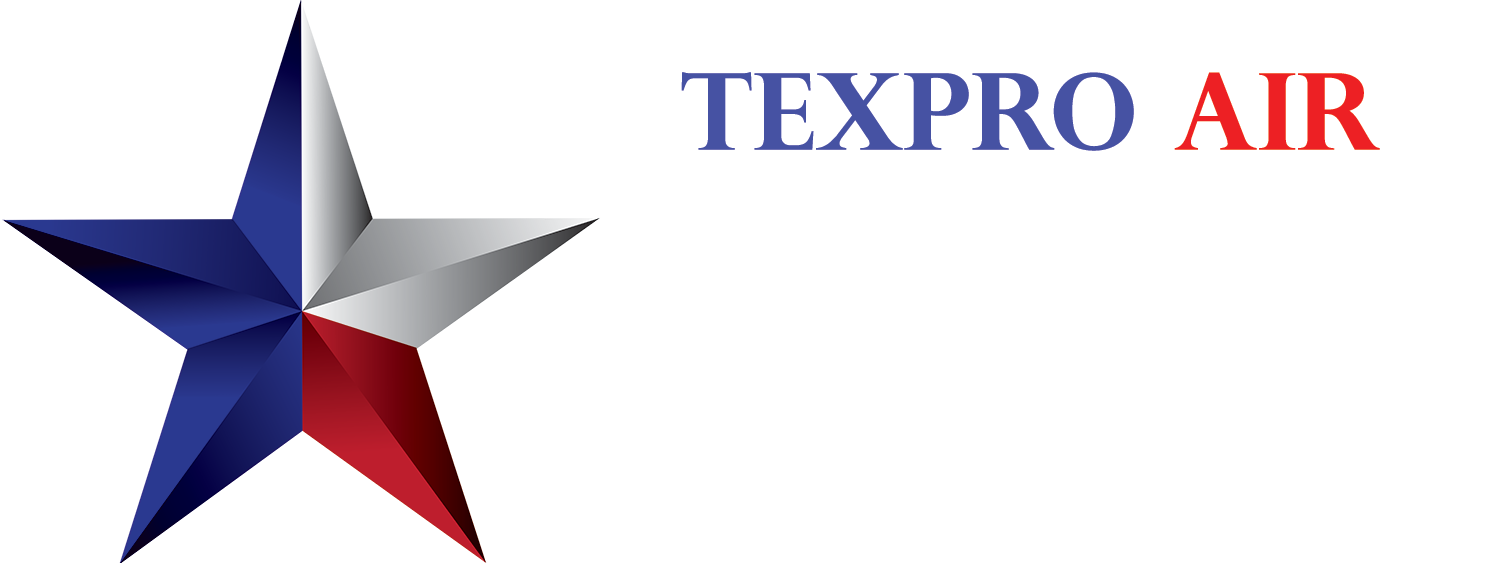Your HVAC system is one of the most important appliances in your home. It keeps you comfortable in both the summer and winter, and it can also help to improve your air quality. However, even the best HVAC systems can experience problems from time to time.
Here are some of the most common HVAC problems and troubleshooting tips:
- Dirty air filter. A dirty air filter is one of the most common causes of HVAC problems. A dirty filter restricts airflow, which can cause your system to work harder and less efficiently. It can also lead to decreased air quality. To fix this problem, simply clean or replace your air filter every 1-3 months, depending on the type of filter you have.
- Faulty thermostat. The thermostat is the brain of your HVAC system. If the thermostat is not working properly, it can cause your system to malfunction. To troubleshoot this problem, check the batteries in your thermostat. If the batteries are good, you may need to have the thermostat recalibrated or replaced.
- Clogged condensate drain line. The condensate drain line carries water away from your HVAC system. If the drain line is clogged, water can back up and cause flooding or other problems. To fix this problem, you will need to clear the clog. You can do this by using a snake or by disconnecting the drain line and cleaning it with a brush.
- Leaking refrigerant. Refrigerant is a critical component of your HVAC system. If the refrigerant leaks, your system will not be able to cool or heat your home properly. To fix this problem, you will need to have a qualified technician repair the leak.
- Worn-out blower motor. The blower motor is responsible for circulating air throughout your home. If the blower motor is worn out, it will not be able to move enough air, which can cause your system to work harder and less efficiently. To fix this problem, you will need to replace the blower motor.
These are just a few of the most common HVAC problems. If you are experiencing problems with your HVAC system, it is important to troubleshoot the problem before calling a professional. By following the tips above, you may be able to fix the problem yourself and save some money.
Here are some additional tips for troubleshooting HVAC problems:
- Check the breaker box to make sure that the power is on to your HVAC system.
- Look for any signs of damage to your HVAC system, such as loose wires or leaking pipes.
- Listen for unusual noises coming from your HVAC system.
- Pay attention to the temperature in your home. If it is not reaching the desired temperature, there may be a problem with your system.
If you have tried troubleshooting the problem yourself and you are still having problems, it is time to call a professional HVAC technician. A qualified technician will be able to diagnose the problem and fix it quickly and efficiently.
Regular HVAC maintenance can help to prevent problems. By having your HVAC system serviced on a regular basis, you can help to ensure that it is running properly and that it will last for many years to come. HVAC maintenance typically includes cleaning the air filters, checking the refrigerant levels, and inspecting the system for any signs of wear and tear.
By following these tips, you can help to keep your HVAC system running smoothly and efficiently. This will help you to stay comfortable in your home and save money on your energy bills.


